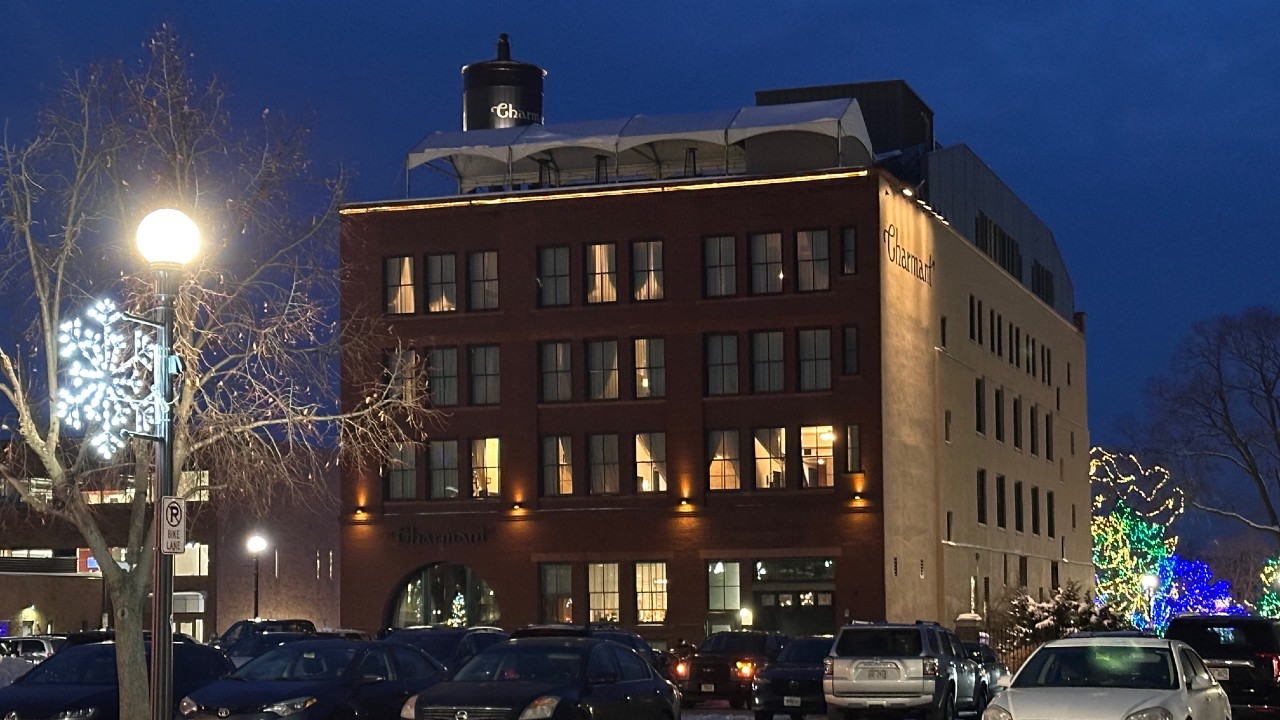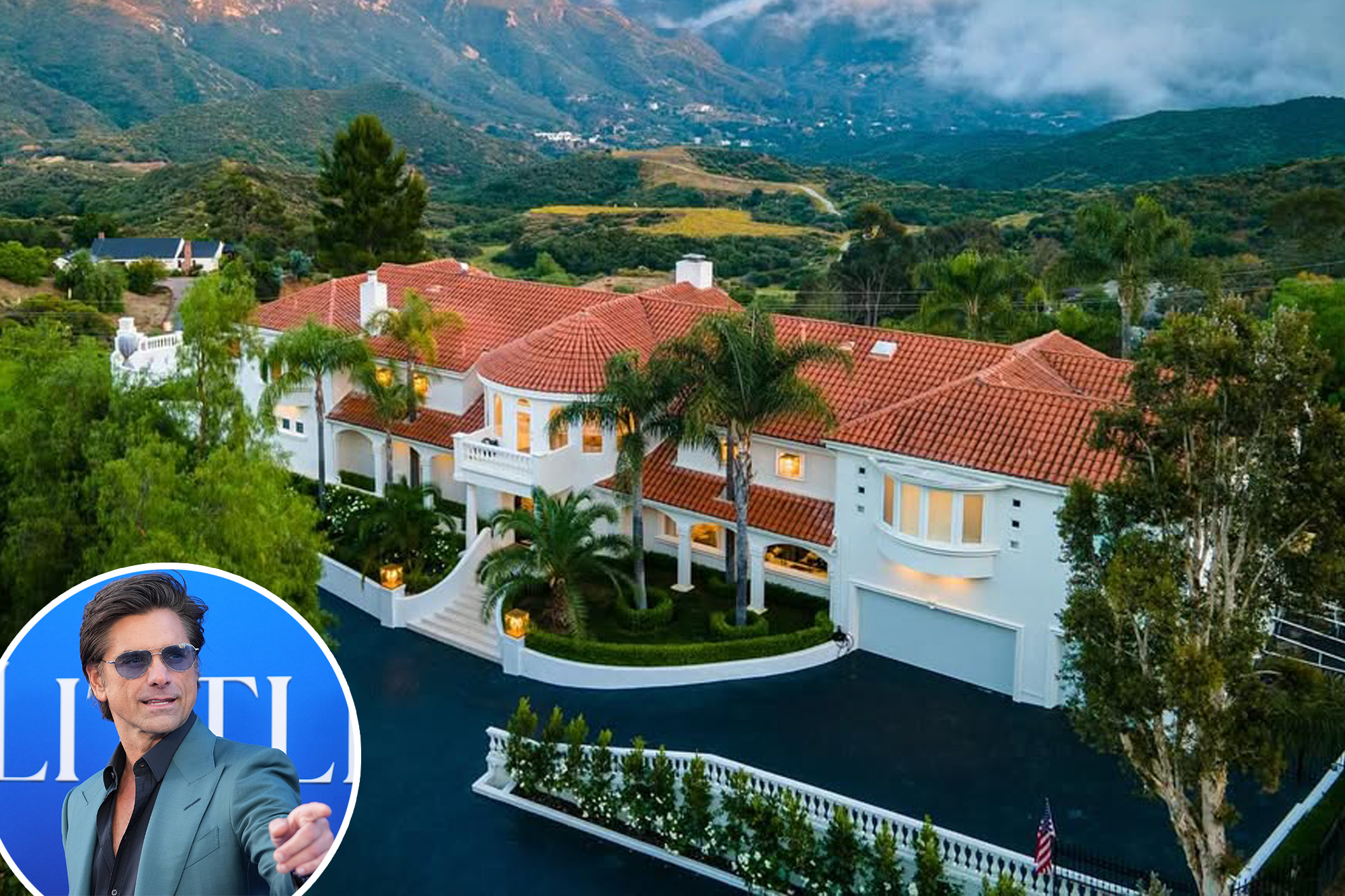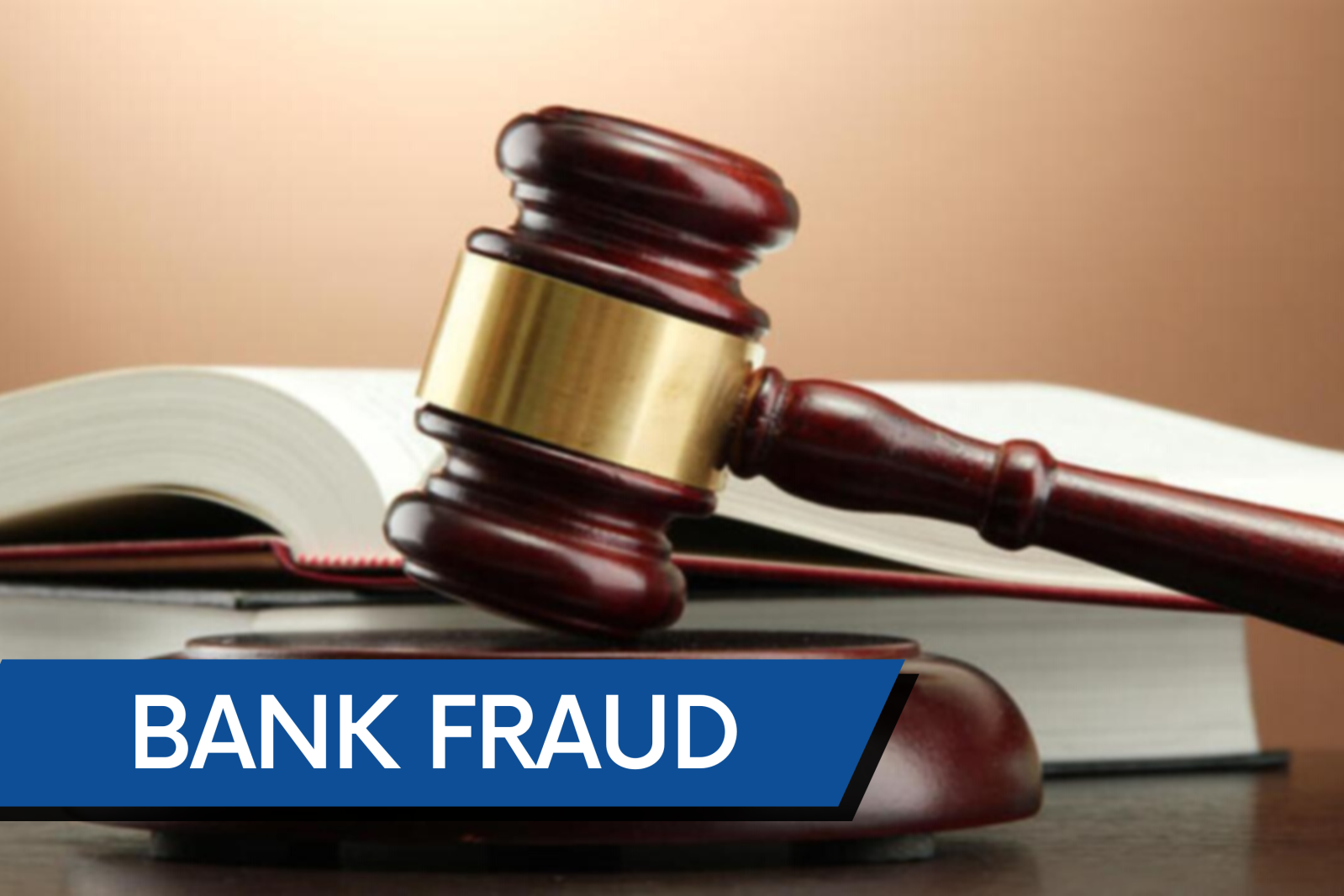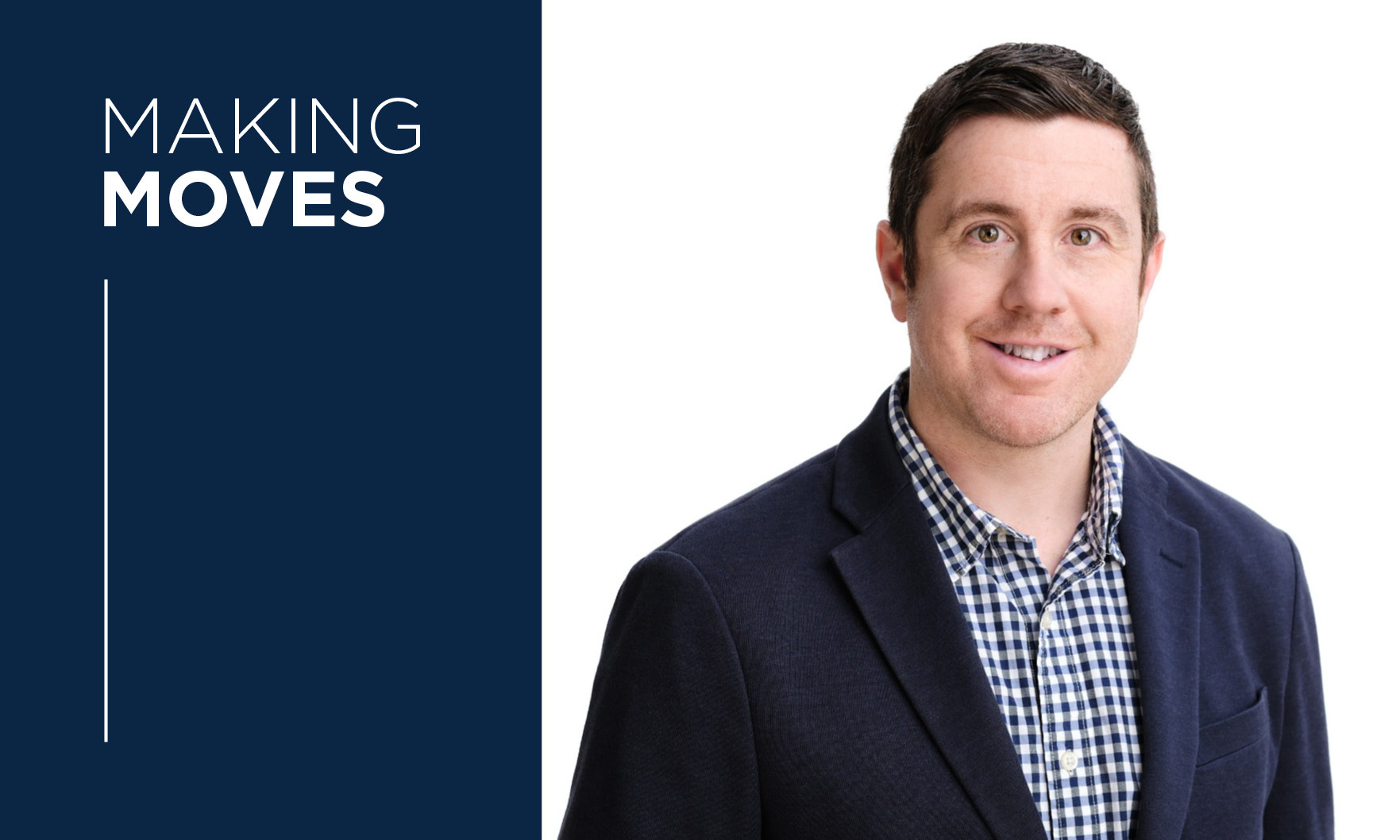S
uburban Chicago multifamily sales are outperforming the city, despite strong rent growth in both areas. The key difference lies in politics and real estate taxes. "The biggest challenge in multifamily today is our real estate taxes and protecting your margins," said Pete Evans of Berkadia.
Cook County Tax Assessor Fritz Kaegi has increased the share of property tax burden for commercial and multifamily properties, making investors wary of deals within Chicago's city limits. In contrast, suburban markets have seen an annual rent jump of 4 percent to $2.06 per square foot, according to Integra Realty Resources.
The suburbs are attracting more demand from residential renters, with the collar counties ranking among the top in the country, alongside Miami. However, Chicago proper is not far behind, taking the fifth spot among 20 markets listed by RentCafe.
Class A apartment rents in the city's center averaged $3.61 per square foot in the third quarter, a 2.3 percent increase from last year. But this growth is hampered by the city's property tax regimen and underlying uncertainty of its current political environment.
Recent high-profile losses signal that urban sellers may have bought at the top of the pre-pandemic market. Andy Friedman of the Kiser Group notes that investors perceived Chicago as a safer, more fiscally sound city in the mid-2010s, but this perception has changed due to ongoing political tumult and concerns over crime.
The limited development pipeline and reliable job market in Chicago are offset by adjusting to Cook County Tax Assessor Fritz Kaegi's policies. The city council's rule giving tenants in gentrifying neighborhoods the right of first refusal to buy multifamily buildings without proof of funding has sent some real estate players into panic.
Mayor Brandon Johnson proposed a real estate transfer tax that was defeated at the ballot box, and he is now mulling a 4 percent property tax hike. Some brokers are using these headwinds to attract buyers to suburban properties, highlighting the ease of handling current and future tax liability in areas outside Cook County.
New supply will be top of mind in both suburbs and city next year, with limited development pipelines due to high interest rates and construction costs. Local government officials and ordinances dictate what gets built, and some leaders are more open to multifamily development than others.
The constricted pipeline could bode well for today's buyers, even as they grapple with uncertainty on taxes and politics. "This is the best time to buy multifamily real estate, probably in my career," said Evans of Berkadia.













